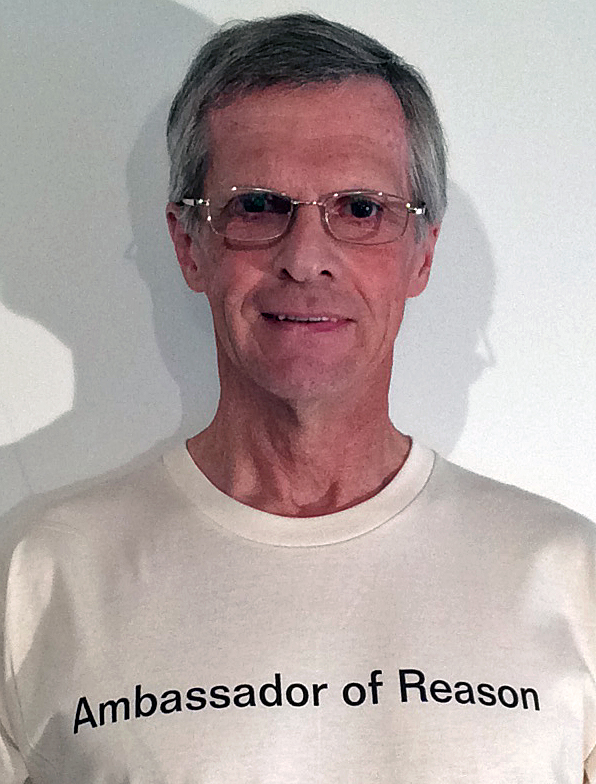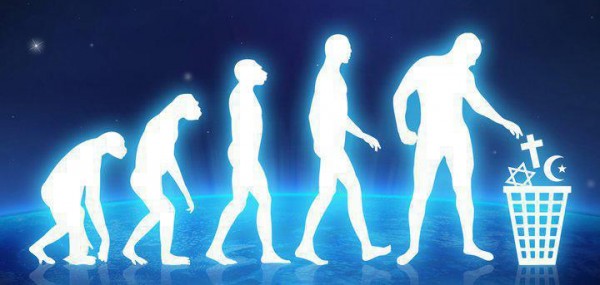|
Spiritual Realism a spiritual movement emphasizing realism
What is Spiritual Realism? Spiritual Realism is a spiritual movement aimed at filling the void left by old-time religion with one global, unifying, cooperation of human spirit. Old-time religion is generally based on the belief in gods, however, as the acceptance of reality-based doctrines advances, so does the rejection of old-time religion. The spiritual connection, or glue, for society is splintered leaving no commonality for individuals. Spiritual Realism offers to bring that back with new world understanding and cooperation.
Spiritual Realism is a blend of environmentalism, global free trade, international cooperation, with spiritual contentment and connection with others.
Read more ... What is meant by the word Realism? One sense of the definition of realism is “concern for fact or reality and rejection of the impractical and visionary”. The word "reality" here means “the quality or state of being real” and “the totality of real things and events”. The root word is "real", it means “having objective independent existence”, and “not artificial, fraudulent, or illusory”, and “occurring or existing in actuality”. The suffix “ism” means “doctrine, system, manner, condition, act and characteristic”. It has the quality of enlargement, and it carries you from the particular to the general, from the individual to the mass. So then, with respect to old-time religion, reality-based doctrines are those that reject that which cannot be demonstrated as real. This includes gods, the afterlife, and spirit entities such as ghosts, angels, devils, etc. What are the principles of Spiritual Realism? The main principles with respect to realism are:
The main principles with respect to the word spiritual are:
By employing these principles together, we can better the wellbeing of the planet environmentally and ourselves collectively and individually. When did Spiritual Realism begin? Spiritual Realism had its beginnings from the time our earliest ancestors gazed up at the night sky and wondered about the stars, and then communicated their thoughts to each other. Their thoughts brought new concepts and ideas, many of which had no basis in reality and had more to with entertainment. Unlike the old-time religions which are based on texts written long ago with the belief that they are perfect and should never be changed, Spiritual Realism is founded in new knowledge emerging from collaborating experts and consensus of studies often using the scientific method. Long ago, tribal witch doctors were considered most knowledgeable of the truth. Then as civilization developed from tribal trade, trade routes between areas of resources, and the creation of cities and countries. Ideas and concepts spread, and several religions developed from the sharing of ideas and stories of people and gods. Shortly after, came the development of philosophy, agnosticism, atheism, secularism, humanism, and the like. They also claimed to be the authority of truth. The desire for truth brought along the scientific method. In today’s world of continental trade agreements, religion has fallen by the wayside in favour of generally accepted knowledge taught in the education systems. You might think that trade agreements and religion are not in anyway connected, but history has shown that the struggles of man against man are more to do with trade and power, or protection of wealth, rather than religious differences. Defending the people’s religion and having it dominate is just an aid to the party in power for justifying the plundering of another’s wealth or (trade) territory. Opposing ideas to each religion and ideology freely circulate around the world due to global news networks and the connectivity of the internet. Meanwhile global threats have united the people who care about the planet. Nearly unstoppable viruses have disturbed economic activity. Corporations with little moral values are having their way in the name of the almighty dollar—meanwhile plundering the surface of the planet and contaminating its atmosphere. There is a renewed urgency to do something corrective. Now there is a call to fight the destruction of the planet’s health. Specifically, there is a call to preserve the variety of species of plants and animals as best as possible, to prevent the planet from overheating and causing ill effects in so many ways. There is also a desire to ensure everyone on the planet is healthy physically and emotionally. So, Spiritual Realism has evolved along with man and is still evolving. So many people today have joined this conversation, that it has become a spiritual movement with its own identity. Is Spiritual Realism a religion? No, is the short answer. Though all religions emphasise spiritualism as being part of faith, you can be ‘spiritual’ without being religious or a member of an organised religion. With religion, there is a specific set of organised beliefs and practices, usually shared by a community or group. Spirituality can be an individual practice and has to do with having a sense of peace and purpose. It can also be related to the process of developing beliefs around the meaning of life and connection with others, without any set spiritual values. It is when the sense of peace and purpose has commonality among a growing mass of individuals that it becomes a social movement. Spirituality is a way of gaining perspective. Spirituality recognises that your role in life has a greater value than what you do every day. It can relieve you from dependence on material things and help you to understand your life’s greater purpose. Spirituality can also be used as a way of coping with change or uncertainty as an individual or as a member of the global community. There can be divisions of Spiritual Realism (as discussed below). Are you a Spiritual Realist? You may be regarded as a Spiritual Realist whether you like the term or not. If you agree with the above principles of Spiritual Realism, and care for people, and other planetary life, then you are a spiritual realist. It is human nature to care for others, so unless you are a bad apple in every dimension of your life, you are spiritual in nature. You are not a spiritual realist if;
Are there sects of Spiritual Realism? Spiritual Realism is comprised of a vast variety of organizations, nongovernmental efforts, temporary groups, and individuals. Basically, any group of individuals dedicated to improving the world in some way, who identify with the fundamental principles of Spiritual Realism. One group may be dedicated to bringing about global free trade, whereas another group may be enhancing the lives of the disabled or underprivileged. Umbrella groups of Spiritual Realism may be involved in a multitude of efforts not unlike many church groups, except without the selling of religious beliefs. Any given individual may identify with any number of causes, but if they are acting to please a god then they are not a Spiritual Realist. There are many categories of non-religious groups. Atheists, secularists, humanists, freethinkers, and others have all formed groups, associations, and clubs etc. in the aim of helping others in some way. These organizations would fit under the umbrella of Spiritual Realism assuming they do not openly contradict the principles of the realism aspect of Spiritual Realism. What do Spiritual Realists do?
Stay tuned, more content is coming. What happens when Spiritual Realists congregate?
Stay tuned, more content is coming. Why will Spiritual Realism spread?
Stay tuned, more content is coming. How can you spread Spiritual Realism?
Stay tuned, more content is coming. |

